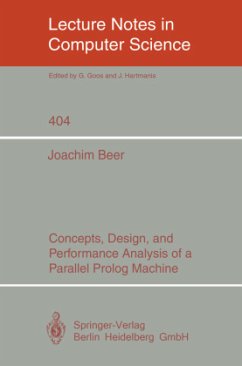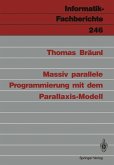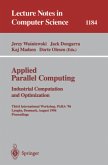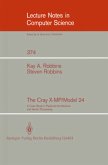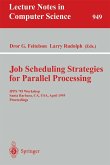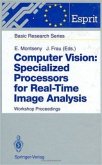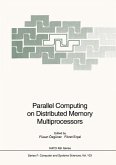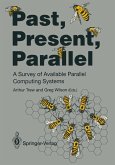This monograph presents a novel execution model for the parallel execution of standard sequential Prolog. In this execution model Prolog procedure calls can be efficiently pipelined, and the author shows how even fully deterministic Prolog programs can be effectively mapped onto the proposed architecture. The design is based on a highly optimized abstract Prolog specific instruction set. A special feature of this work is a sophisticated classification scheme for Prolog variables which substantially reduces the overhead for unification with occur-check. To support the model an architecture consisting of a circular pipeline of independent processors has been designed. This pipeline has been designed to work as a co-processor to a UNIX based workstation. In contrast to other attempts to execute sequential Prolog in parallel, the proposed model does not restrict the use of any of the standard Prolog language features. The book gives a full account of the execution model, the system architecture, and the abstract Prolog instruction set.
Hinweis: Dieser Artikel kann nur an eine deutsche Lieferadresse ausgeliefert werden.
Hinweis: Dieser Artikel kann nur an eine deutsche Lieferadresse ausgeliefert werden.

